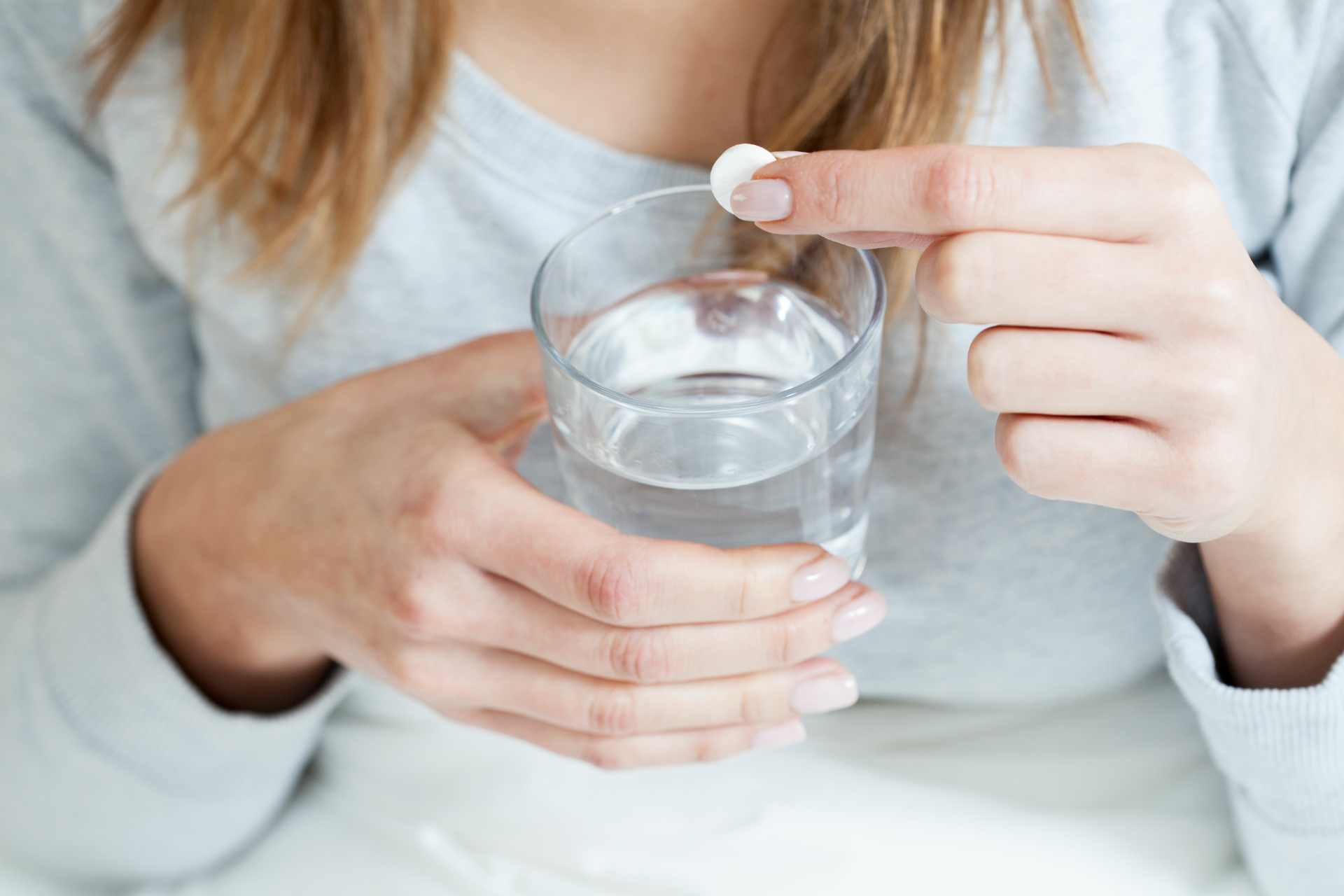What is already known
Aspirin can cause ulcers in the stomach or gut, especially when taken for a long time. Scientists have known that aspirin influences the gut microbiota and associated metabolites, but how this affects intestinal health remains unclear.
What this research adds
Researchers have found that aspirin dampens the growth of the gut microbe Parabacteroides goldsteinii. Giving mice P. goldsteinii or one of its metabolites, called 7-keto-LCA, eased aspirin-mediated damage of the gastrointestinal tract. Further experiments showed that 7-keto-LCA promotes the repair of the lining of the gut.
Conclusions
The results shed light on the effects of aspirin use on the gut microbiota. The findings may also inform therapies for aspirin-mediated gastrointestinal damage.
Aspirin can cause ulcers in the stomach or gut, especially when taken for a long time. Now, researchers have found that a specific gut microbe and one of its metabolites can reduce the damage associated with aspirin use.
The results, published in Cell Host & Microbe, shed light on the effects of aspirin use on the gut microbiota. The findings may also inform therapies for aspirin-mediated gastrointestinal damage.
Aspirin has become one of the most popular drugs, but more than 90% of people taking it develop intestinal damage. Scientists have known that aspirin influences the gut microbiota and associated metabolites — bile acids in particular, but how this affects intestinal health remains unclear.
To investigate the effects of the drug on the human gut microbiota, researchers led by Ting Li at Xi’an Jiaotong University in China collected stool samples from 23 healthy people before and after they received 100 mg of aspirin every day for 30 days.
Intestinal injury
Aspirin treatment altered gut microbiota composition, resulting in reduced levels of Parabacteroides species including Parabacteroides goldsteinii, P. merdae and P. distasonis.
The abundance of P. goldsteinii was also decreased in aspirin-users who participated in other studies.
The researchers observed similar effects in an animal model, too. “Together, these data suggest that aspirin induced gut dysbiosis in both humans and mice, characterized by decreased abundance of P. goldsteinii,” they say.
In mice treated with aspirin, the drug impaired the function of the gut barrier, resulting in intestinal damage. However, animals with preserved P. goldsteinii seemed to be more resistant to the deleterious effects on intestinal structure and function. These results suggest that P. goldsteinii is involved in intestinal injury, the researchers say.
Promoting gut repair
In mice, aspirin caused a depletion of P. goldsteinii and some of its metabolites, including one called 7-keto-LCA, which is an intermediate in the synthesis of the secondary bile acid ursodiol. Ursodiol helps reduce the cholesterol levels of bile and leads to the breakup of gallstones.
Giving mice P. goldsteinii or 7-keto-LCA eased aspirin-mediated damage of the gastrointestinal tract. Further experiments showed that 7-keto-LCA promotes the repair of the lining of the gut.
“This study established that the interaction between the intestinal microbiota and [bile acids] is critical for maintaining intestinal stem cell function and the gut barrier,” the researchers say. The findings suggest that aspirin induces a decrease of gut microbes that metabolize bile acids, they add. “The subsequent phenotypes of impaired gut barrier function and stemness in gastrointestinal disorders may be reversible by supplementation of [bile acids] as well as commensal gut bacteria.”









